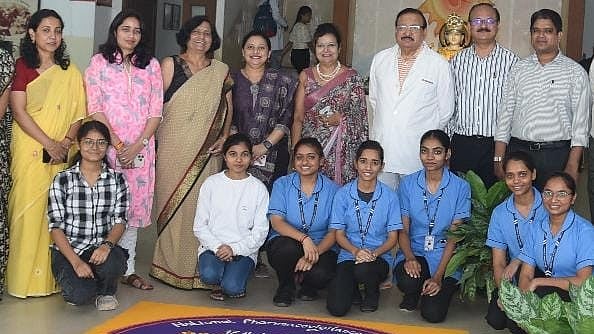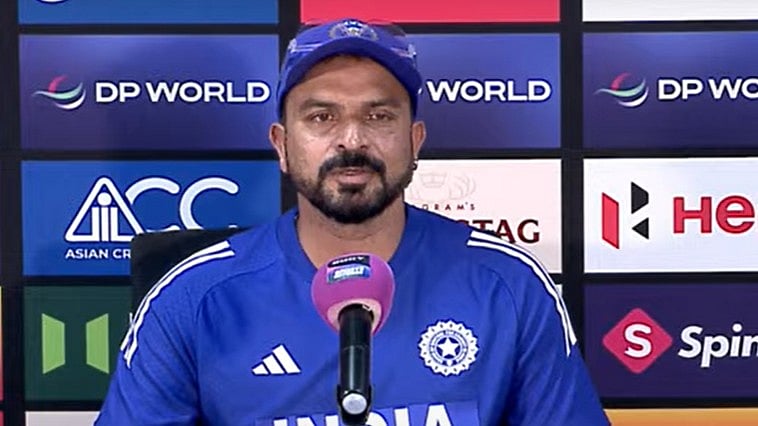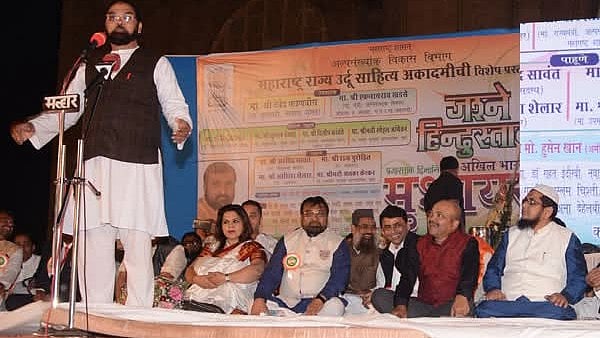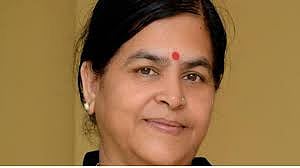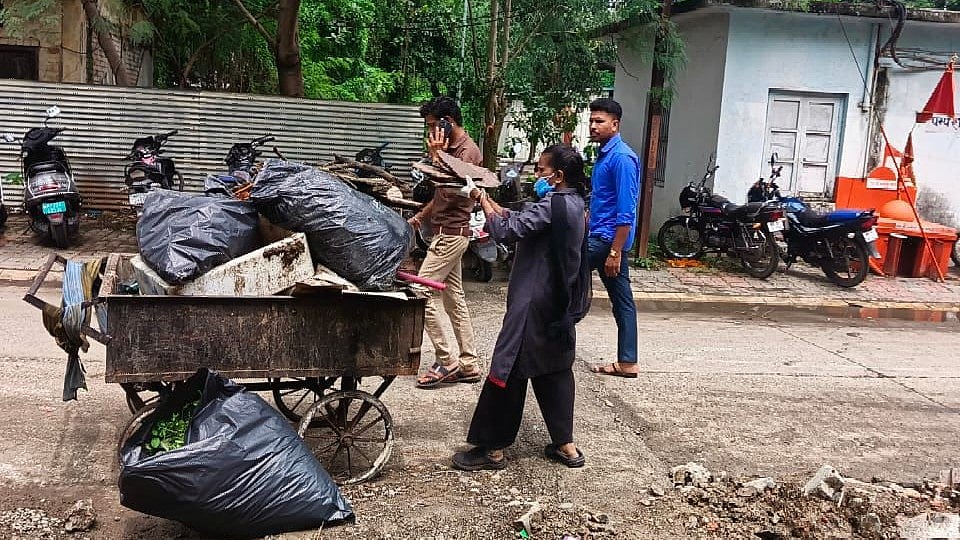Indore (Madhya Pradesh): In a pioneering step towards healthcare innovation, Sri Aurobindo Institute of Medical Sciences (SAIMS), Indore, is set to become the first private medical college in the country to produce isotopes at its own cyclotron plant.
The isotopes, including gallium-based PET tracers, will be created using liquid gallium and will play a vital role not only in advanced diagnostic procedures but also in treatment with the added advantage of being free from side-effects.
Dr Vinod Bhandari, founder chairman of Sri Aurobindo University gave this information, while inaugurating an awareness campaign under National Pharmacovigilance Week organized by the department of pharmacology.
He said that in line with Prime Minister Narendra Modi’s vision of a developed India, SAIMS was introducing revolutionary measures to provide patients with world-class medical facilities.
Highlighting the institute’s role in drug safety, Dr Bhandari added that the Government of India had designated SAIMS as the first Regional Pharmacovigilance Centre in Madhya Pradesh under its pharmacovigilance programme.
In the first phase, SAIMS had reported over 6,000 adverse drug reactions from 13 centres to the National Centre (IPC Ghaziabad) and the WHO Uppsala Monitoring Centre in Sweden. This data was being used by national and global health agencies for research and improved patient safety.

Awareness through scientific sessions
The campaign coordinators, Dr Chhaya Goel and Dr Pooja Reddy, explained that the objective of the National Pharmacovigilance Week was to make patients more aware of the possible side-effects of medicines and encourage them to report adverse drug reactions.
They further clarified that adverse drug reactions did not reflect negatively on the doctor, but instead provided crucial information that helped ensure safer and more effective prescriptions in the future.
Under the campaign, awareness sessions, scientific workshops and interactive programmes are being conducted to engage patients and healthcare professionals alike.
Senior faculty members, including Dr Raj Wavre (dean, medical college), Dr Jayshree Tapadia (dean, student welfare), Dr Anuja Jha (deputy coordinator, materiovigilance), Mohammad Rafi (pharmacovigilance associate) and Jitendra Patidar (materiovigilance associate) attended the event.
